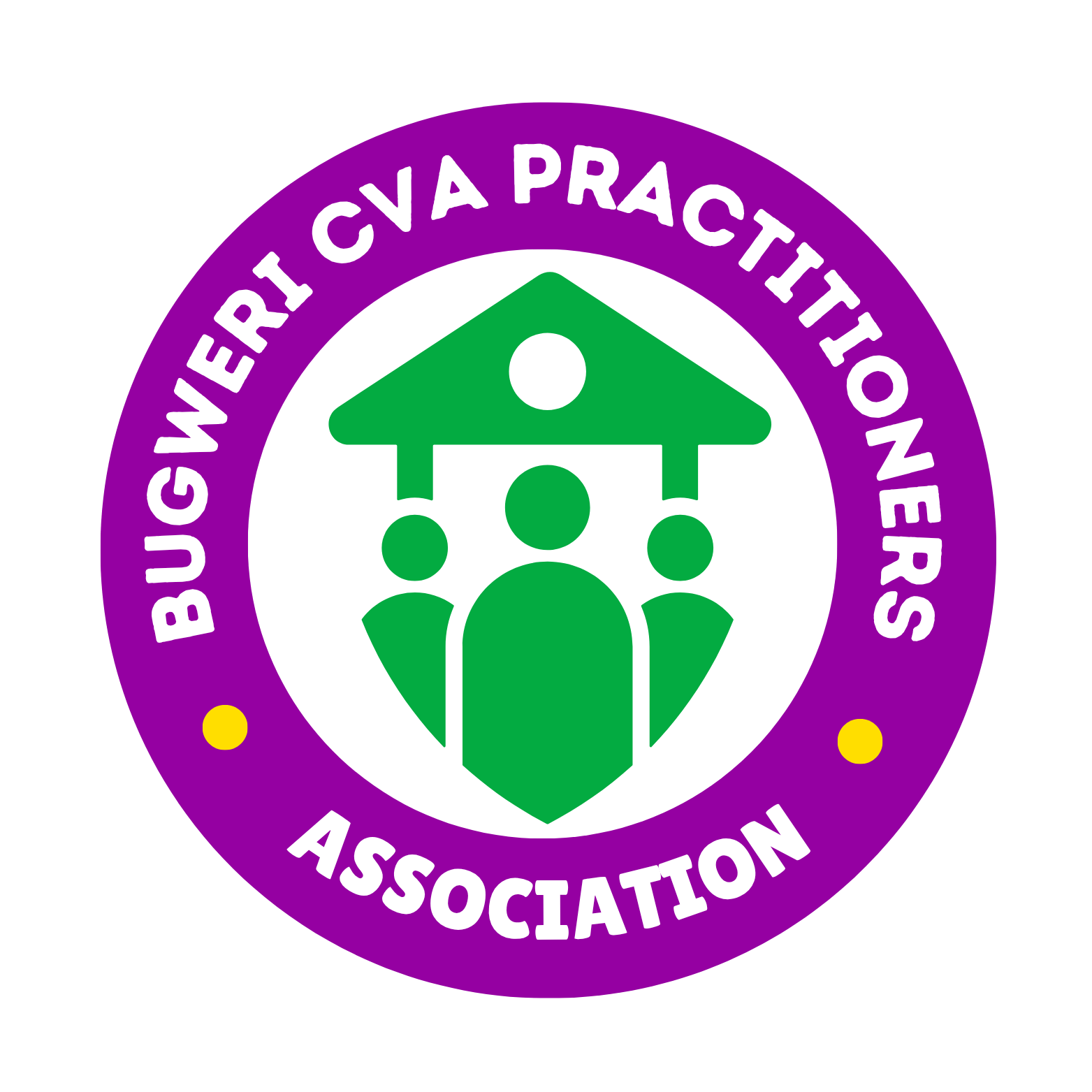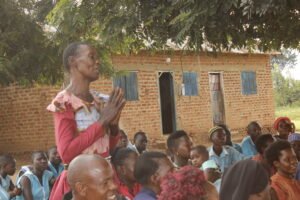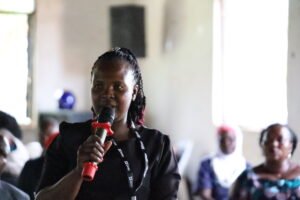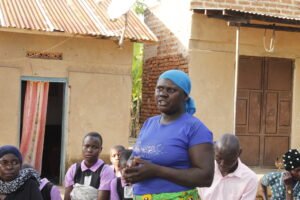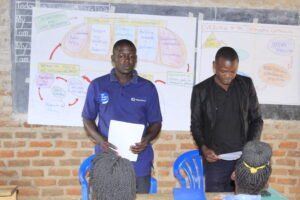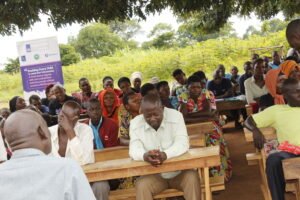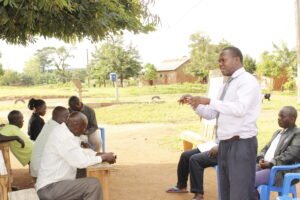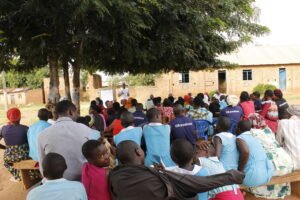 Community Mobilization and Sensitization
Community Mobilization and Sensitization
The Association actively engages community members to raise awareness about available government and NGO programs. Through town hall meetings, radio talk shows, and door-to-door campaigns, we ensure residents understand how to access vital services. Our mobilization efforts empower citizens to participate in development initiatives that directly benefit their households and neighborhoods.
We focus on bridging the information gap between service providers and beneficiaries, particularly in hard-to-reach areas. By translating complex policies into local languages and practical examples, we help communities navigate bureaucratic processes.
Educating Communities on CVA Methodology
The Community Voice and Action (CVA) approach forms the core of our engagement strategy for improving nutrition, food security and WaSH outcomes. We train community volunteers as CVA facilitators who then conduct participatory learning sessions with their peers. These sessions help identify service delivery gaps and collectively develop action plans to address them.
Our education program uses practical tools like scorecards and community dialogues to assess the quality of existing services. Farmers learn to monitor extension services, mothers evaluate nutrition programs, and entire communities track water point functionality.
Monitoring and Documentation of Service Gaps
Our trained community monitors systematically track service delivery performance across health facilities, schools, and water points. Using standardized checklists and digital tools, we document gaps in infrastructure, staffing, and supplies. This real-time data provides actionable evidence for advocacy efforts.
The program has established a robust community feedback mechanism where citizens can report service failures via SMS hotlines and suggestion boxes. We analyze these reports alongside our monitoring data to identify systemic challenges.
Community Economic Empowerment
We facilitate vocational skills training and business development programs to enhance household incomes. Target groups including women and youth receive training in tailoring, carpentry, agribusiness, and other marketable skills. Our graduates have established thriving enterprises that employ others in their communities.
The Association promotes savings culture through village savings and loan associations (VSLAs). These member-owned groups provide access to credit and build financial resilience. Last year, our 35 VSLA groups saved over UGX 50 million, which members used to expand farms, pay school fees, and start new businesses.
Advocacy Activities
Our advocacy team engages policymakers at sub-county and district levels to prioritize nutrition and WaSH interventions. We organize policy dialogues where community representatives present evidence-based demands to decision-makers. This has influenced budget allocations for therapeutic feeding programs and water source protection.
The Association builds the capacity of community advocates to effectively articulate their needs. We’ve trained over 200 citizen advocates who now sit on district technical working groups.
Agriculture and Food Security
We promote climate-smart agricultural practices to boost productivity and resilience. Farmer field schools demonstrate improved techniques for soil conservation, pest management, and post-harvest handling. Participants in our program have reported 40% increases in crop yields using these methods.
The Association facilitates access to quality inputs through collective purchasing schemes. Our bulk-buying groups enable smallholder farmers to obtain certified seeds and fertilizers at affordable prices. We also promote drought-resistant crop varieties to combat food insecurity during dry spells.
WaSH Initiatives
Our WaSH program constructs and rehabilitates water sources while promoting proper hygiene behaviors. We’ve partnered with the district to drill new boreholes and train water user committees in maintenance. These efforts have increased access to safe water from 45% to 68% in target communities.
The Association conducts intensive hygiene education through school health clubs and community demonstrations. Our “Clean Household” certification program rewards families that maintain latrines, handwashing stations, and clean compounds. This social recognition approach has dramatically improved sanitation practices.
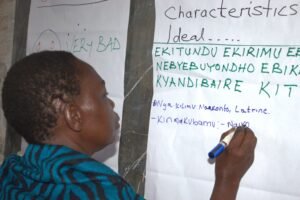 Member Economic Uplifting
Member Economic Uplifting
Our rotational savings program enables members to pool resources and access interest-free loans. Groups of 20-30 members meet weekly to save and lend among themselves. This system has helped members start businesses, pay medical bills, and invest in education without relying on predatory lenders.
The Association facilitates joint investment opportunities in high-return ventures. Member groups have collectively purchased maize mills, poultry houses, and banana plantations. These community assets generate shared profits while creating local employment opportunities.
